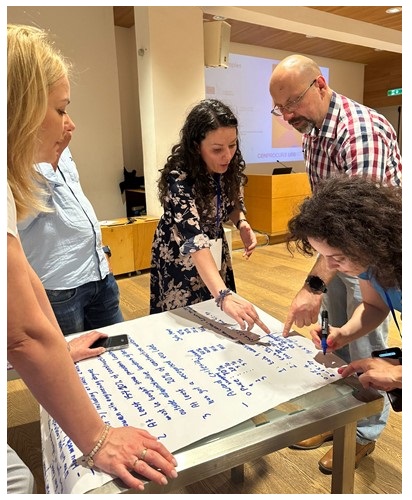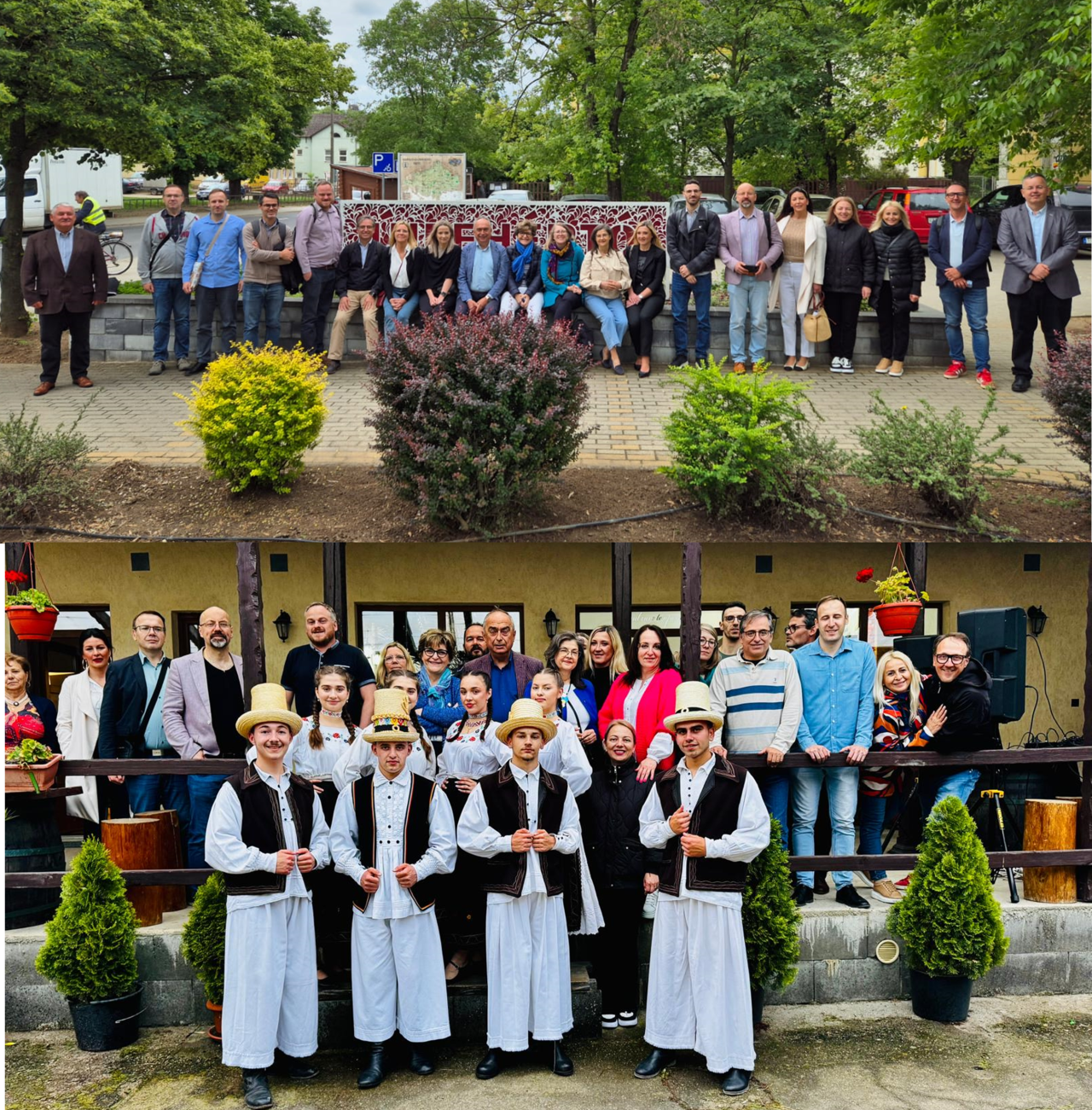In May, I had the great pleasure of acting as an ad-hoc expert for the GenProcure network, supporting the review of the Integrated Action Plans developed by the Partner Cities and Regions. My role included reviewing the draft plans in depth and co-facilitating several days of peer exchange alongside the lead expert. It was really inspiring to see how cities from across Europe, came together to help each other refine their action plans and bring Gender-Responsive Public Procurement (GRPP) closer to reality in their own administrations.
There is no blueprint for implementing GRPP. But there are strategies, questions, and very practical ways to move forward across different locations. The peer review process allowed space for both feedback and inspiration, building on real experiences and mutual support. Each city representative presented the actions they plan to implement, developed with their URBACT Local Groups. I provided detailed feedback based on a close reading of the full draft plans, and then we opened the space for shared learning.
In small groups, peers asked thoughtful questions, shared insights from their own contexts, and offered generous suggestions. These were not surface-level exchanges. They were full of energy, even the occasional (constructive!) disagreement. It was a joy to see procurement practitioners from cities of all sizes challenge and support each other in shaping what GRPP could look like for them.

The spirit of collaboration really stood out for me. Everyone truly wanted to help each other make the best possible plan and left the sessions with new ideas for their own work. Each city brought something valuable, and I could name something great in every single plan.
A few actions I still think about:
In Umeå, the idea of a “gendered landscape” became a physical experience, with different locations in public space acting as a touch point for input on gender.
In Vila Nova de Famalicão, the team plans to involve high school students, raising awareness about procurement early and making it more accessible and relevant to civic life.
This kind of peer learning holds enormous promise, especially as the network is moving from planning to implementation. Some partners have already started testing actions. The more these stories and results are shared, the more others can build on them, adapting ideas, avoiding duplicating mistakes, and moving faster together.
I am grateful to have been part of this process and deeply encouraged by what I saw. GRPP is no longer just a policy ambition. It is something that local governments across Europe are beginning to implement, with real intention and practical steps.
What gives me particular hope is that many of the people involved are procurement practitioners themselves, people with both the power and the will to make change happen. And in several cities, local politicians are also actively engaged, showing that GRPP is gaining traction where it matters most.
I look forward to seeing where the journey takes us next. If you are curious to learn more about Gender-Responsive Public Procurement and hear directly from the GenProcure partner cities, join us at the final conference in Zagreb on 29 October 2025. It will be a great opportunity to celebrate the progress made, share lessons learned, and explore what comes next.
By Franziska Singer, Ad-hoc Expert for the GenProcure Network

